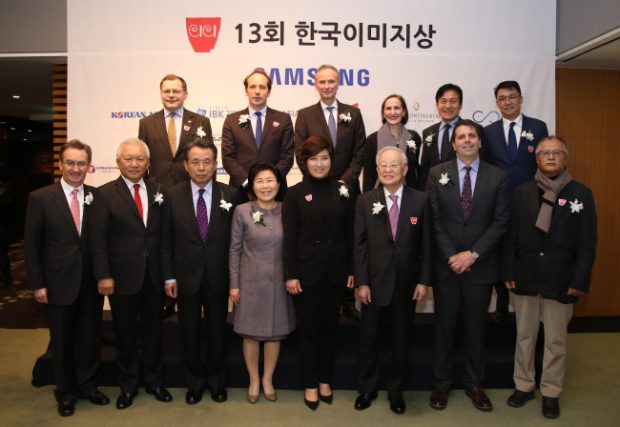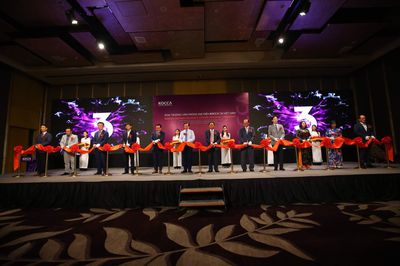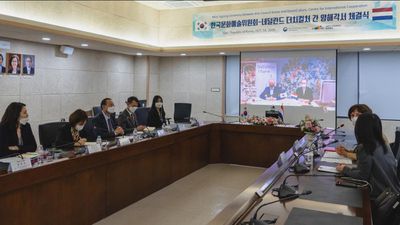posted on
16 Feb 2017
Diplomats meet in Seoul to debate the role of public diplomacy in promoting culture abroad

An article in The Korea Herald, explores the role of public diplomacy in cultural relations, specifically in ways of presenting traditional Korean culture to the world. Some 60 ambassadors were among the 700 opinion leaders who met at an event in January organised in Seoul by Corea Image Communications Institute, a nonprofit organisation dedicated to promoting Korean culture abroad.
Article starts:
As the realm of diplomacy increasingly engages the public at large, culture is being writ large in the vocabulary and method of foreign affairs experts around the globe.
One of the major tasks of diplomats is mastering the art of public diplomacy -- employing the allures of visual art, music, literature and performing arts -- in a world increasingly interconnected culturally, according to Latvian Ambassador to Korea Peteris Vaivars.
“It’s impossible to start any business if there is no mutual interest in each other’s culture,” the envoy said at the 2017 Korea Image Award ceremony in Seoul last week. “The interest develops from travel, food, culture and the arts, and thrives into business. Culture cannot exist by itself. It develops by interacting with other cultures.”
The event, which attracted more than 700 opinion leaders, including some 60 ambassadors and diplomats, was organized by the Corea Image Communications Institute, a nonprofit organization dedicated to promoting Korean culture worldwide.
Noting that traditional Korean culture is much less known in the world compared to its Chinese and Japanese counterparts, Vaivars said Korea could expose different layers of its culture to diverse audiences.
[... read full article by Joel Lee]
Similar content
posted on
11 Nov 2020
posted on
16 Nov 2020
posted on
17 Aug 2017
posted on
08 Oct 2010
posted on
03 Mar 2010
posted on
11 Oct 2011





